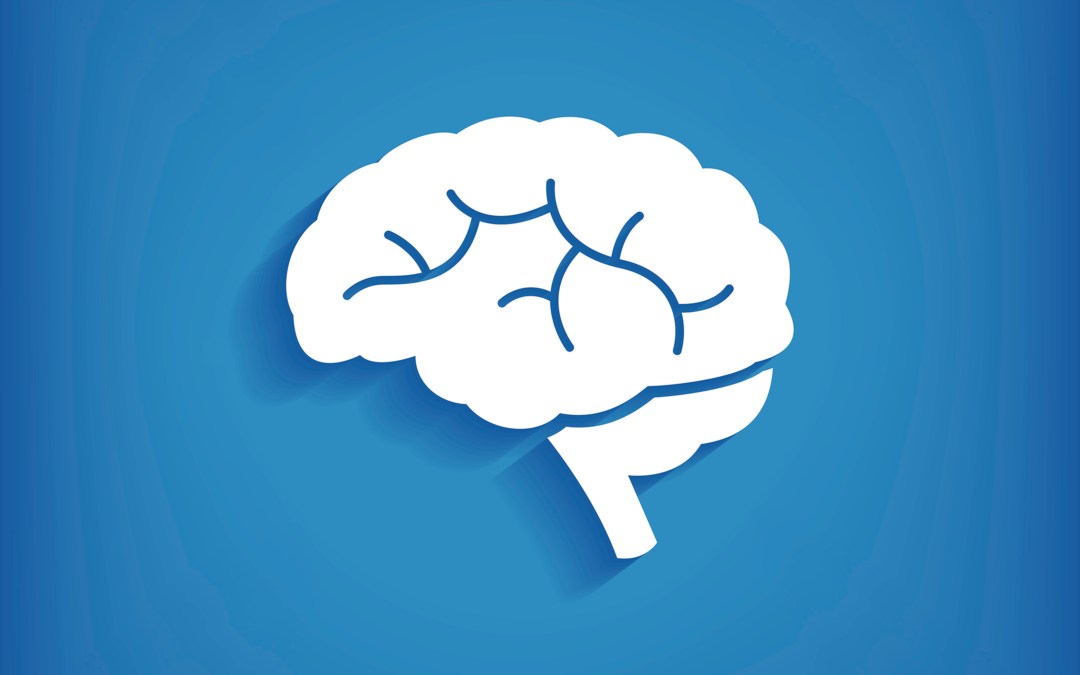How can I protect my memory?
Each month, leading integrative health expert, Dr Andrew Weil, gives his definitive answer to a medical question

Memory loss that is not a normal part of ageing is called dementia, the most common form being Alzheimer’s disease. Memory impairment can also develop in association with other medical conditions, as well as the medications used to treat them, including pain killers, antidepressants and blood pressure pills. For more, see my new book, Mind Over Meds (Little, Brown, £29).
The best way to maintain cognitive function and memory late in life is to keep mind and body active. I recommend card games, reading, listening to music and word puzzles as good ways to exercise the brain. Recent studies suggest trying unfamiliar hobbies, such as learning a new language or taking up a musical instrument, are more mentally stimulating and may be even more protective of brain function. Challenging intellectual activities promote rich neural connectivity that functions as insurance against later losses.
Research consistently shows that physical activity can also help keep our minds sharp – regular exercise reduces the risk of Alzheimer’s by 30 to 50 per cent. Gentle aerobic exercise improves circulation to the brain and supports healthy body weight. Aim for 30 minutes of walking, swimming or cycling five times per week. Frequent social engagement and healthy stress reduction practices, such as yoga, meditation and laughter, are protective and represent important strategies for healthy ageing. Don’t smoke, and limit alcohol intake – smokers have twice the risk of Alzheimer’s as non-smokers and alcohol’s damaging effects on brain cells is well-known.
Alzheimer’s disease is believed to have an inflammatory component, so following an anti-inflammatory diet rich in antioxidants, from brightly coloured fruit and vegetables and high in sources of omega-3 fats, such as cold-water fish, may help protect your brain. Turmeric is a good addition because it is the most powerful natural anti-inflammatory agent. Ginkgo biloba is a well-studied traditional herbal remedy with a reputation for enhancing memory. It has been found to improve blood flow to the brain in some studies, potentially slowing the progression of early onset Alzheimer’s.
Many researchers also consider phosphatidyl serine (PS) to be a brain nutrient, and results from human supplementation trials suggest promise. Finally, ask your pharmacist to review any medications you may be taking, to be sure they are not contributing to memory impairment. drweil.com; @drweil
Photograph: iStock









